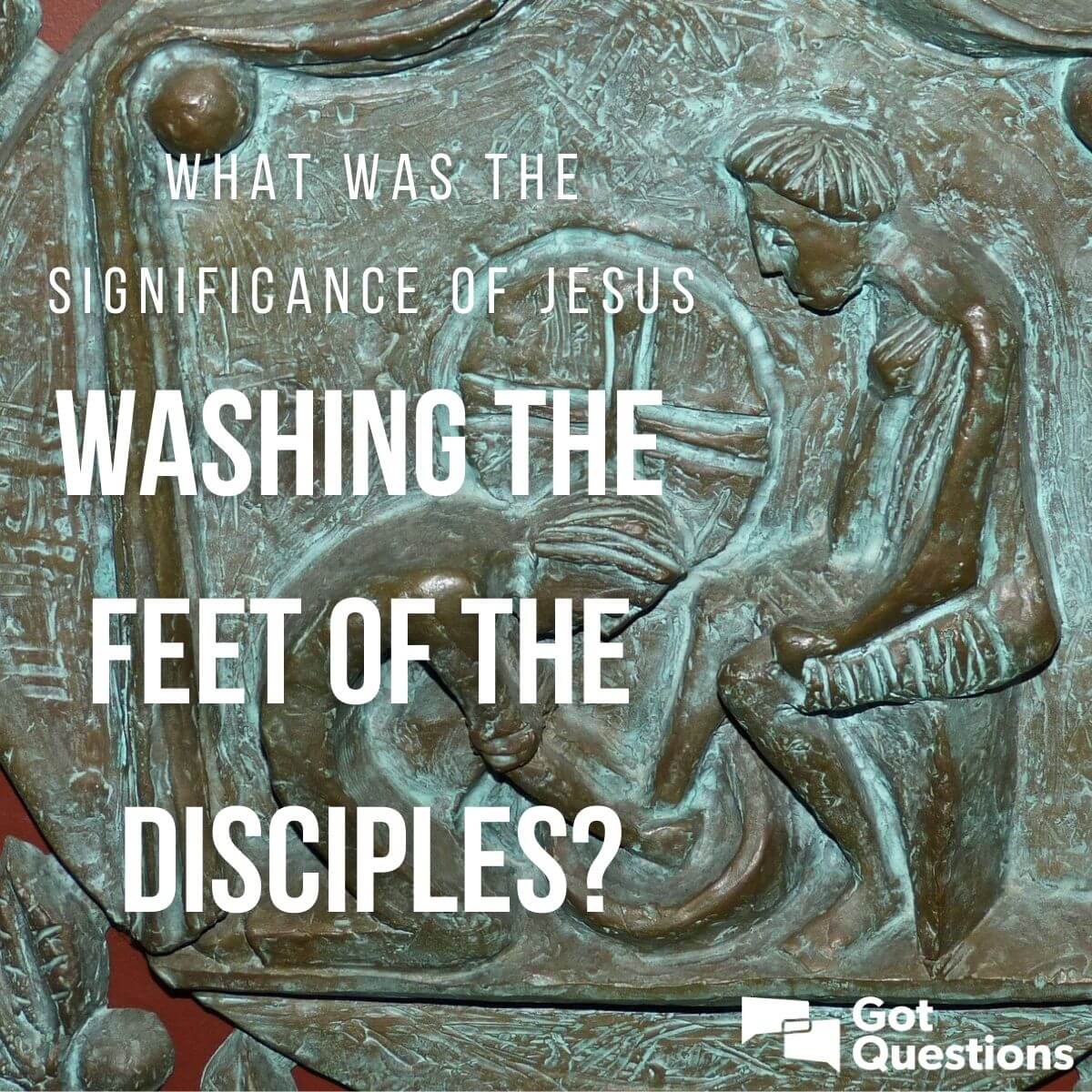I saw Jesus learning something from the Syro-Phoenician woman when we discussed her on the Mark thread. I don't see him learning anything from the sinful woman in Luke 7.
I've heard it say that being humbled can work both ways(equally).....was it Peter that didn't want Jesus to wash his feet?

